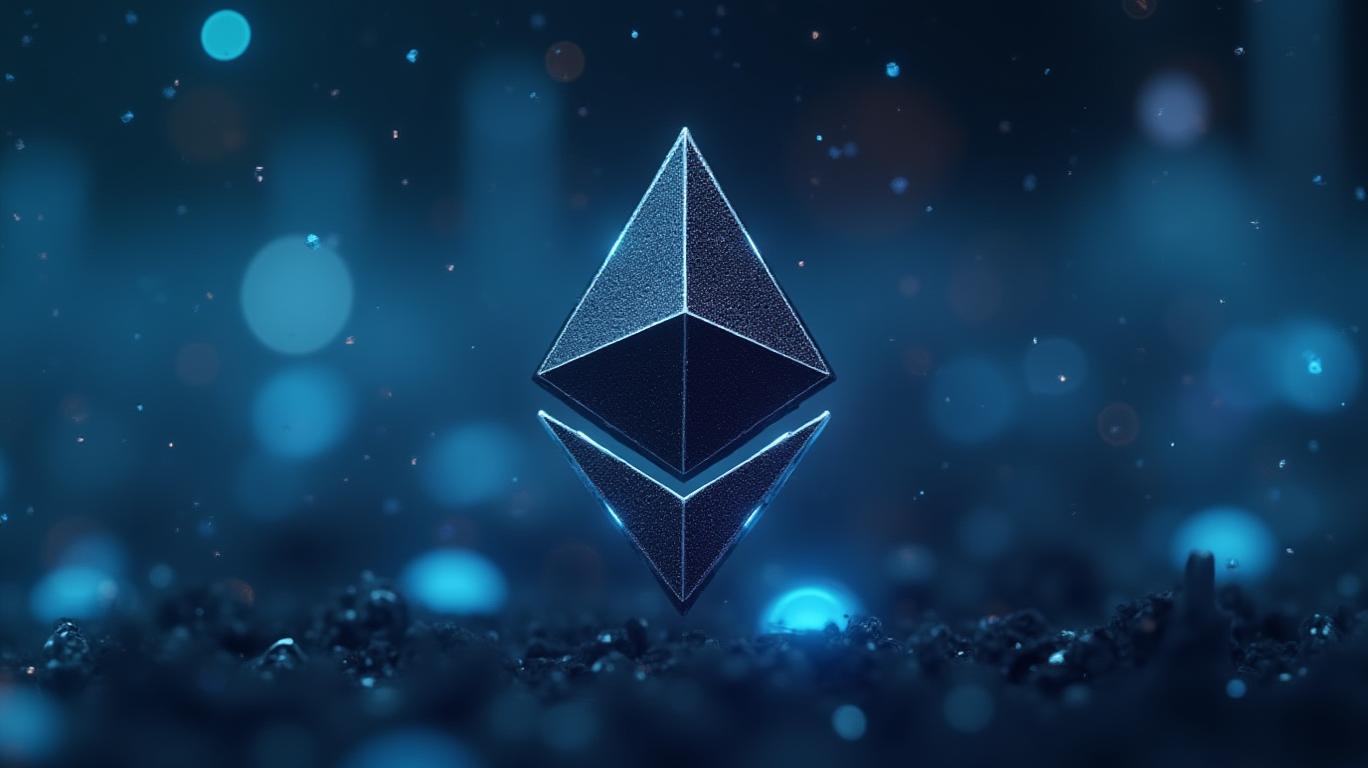Ethereum's Neutrality Key to Decentralized Economy, Says ZKsync Founder
Alex Gluchowski, the founder of ZKsync and CEO of Matter Labs, has emphasized that Ethereum's core strength lies in its neutrality. He believes that Ethereum's position as a secure, neutral base layer is crucial for the decentralized economy, as it allows value to flow directly or indirectly into ETH. This perspective underscores the importance of Ethereum's decentralized nature and its ability to remain impartial, which is seen as a critical factor in its long-term success.
Gluchowski acknowledges that the future of global transaction and payment infrastructures will not rely on a single blockchain, much like the internet today does not depend on a single server. Instead, Ethereum's future lies in serving as a foundational settlement layer for a vast network of decentralized blockchains. This vision aligns with the broader ethos of the Ethereum community, which values decentralization, transparency, and community governance. By maintaining these principles, Ethereum can continue to evolve and adapt to the changing landscape of blockchain technology.
Gluchowski urges Layer-2 developers to focus on Ethereum’s forward trajectory rather than its past. He notes that future-ready Layer-2 designs must align with Ethereum’s evolving architecture, especially in light of new proposals from Ethereum’s leadership. This strategic response to the competitive landscape of blockchain technology positions Ethereum as a reliable and trustworthy option for developers and users alike. By staying neutral, Ethereum can attract a diverse range of developers, projects, and users, fostering an ecosystem that is resilient to external pressures and capable of innovation.
ZKsync, a Layer-2 scaling solution for Ethereum, has been preparing for Ethereum’s proposed architectural changes. Gluchowski confirmed that the project would soon announce developments aligned with this vision, hinting that updates could arrive within the next two weeks. This active push toward readiness for Ethereum’s next phase of growth underscores ZKsync’s commitment to aligning with Ethereum’s future economic role.
Gluchowski’s remarks follow a major proposal from Ethereum co-founder Vitalik Buterin, who suggested replacing the Ethereum Virtual Machine (EVM) with RISC-V, an open-source computing architecture known for its built-in encryption and technical flexibility. Buterin highlighted that adopting RISC-V could improve the efficiency of Ethereum’s execution layer and help resolve long-standing scalability challenges. This move could simplify the design of the execution layer for future upgrades, further enhancing Ethereum’s position as a foundational layer for the Value Internet.

Quickly understand the history and background of various well-known coins
Latest Articles
Stay ahead of the market.
Get curated U.S. market news, insights and key dates delivered to your inbox.



Comments
No comments yet